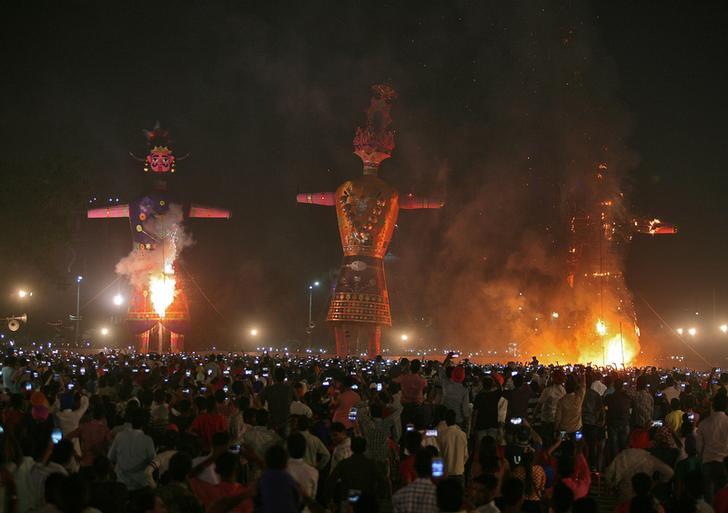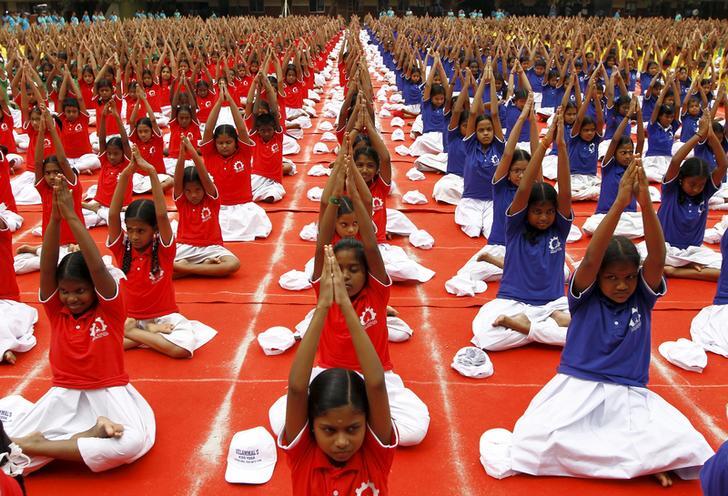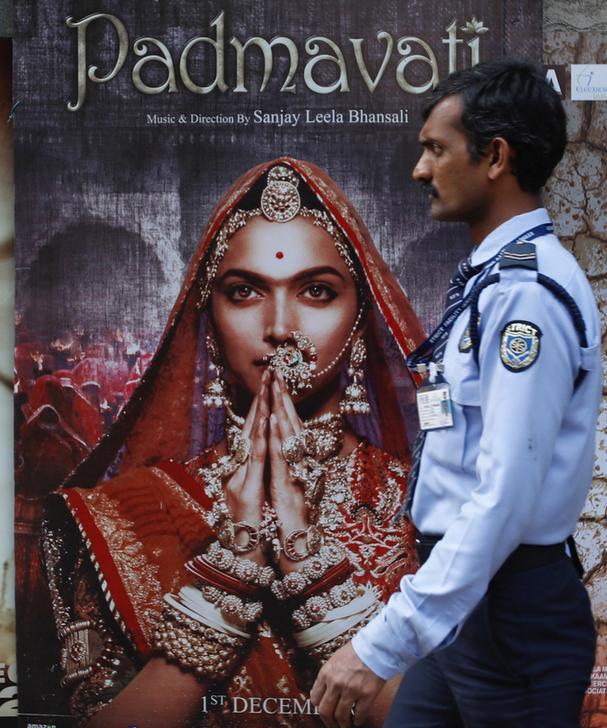
views
New Delhi: The year 2017 witnessed the Supreme Court of India rising to the occasion for according and protecting the rights of individuals. Two Constitution Bench rulings established privacy as a fundamental right and trashed triple talaq as a practice violating women's dignity.
At the same time, the top court had a string of PILs, which did not bring any change in the system, but left the judges and lawyers smiling. Here is a look at 10 such PILs that were dismissed by the Supreme Court on their first day of hearing, but still had people talking about them:
Pictorial Warning on Liquor Bottles
The petitioner NGO sought pictorial health warnings on liquor bottles like the ones for cigarettes and other tobacco products. It cited a provision in the Constitution that prescribed a policy towards prohibition of alcohol. The court, however, was not impressed. It pointed out that the constitutional provision was not mandatory and thus basing the case on this argument showed lack of diligence and merit. Finally, the PIL was dismissed with a direction to the NGO to pay Rs 1 lakh in fine for "misuse of judicial process".
Postpone Union Budget
A lawyer moved the court for postponement of the Union Budget from February 1 due to Assembly elections in five states. He claimed Budget announcements could influence voters' minds. But the apex court junked the plea. "Under what legal provision must we allow your petition? How does it matter if the Budget is presented before polls? There’s no valid reason to say how Union Budget will influence voters,” held the court.
Ban on Burning of Effigies of Ravana on Dussehra
Anand Prakash Sharma, a UP-based journalist and social activist, argued in Hindi that every year a huge amount of money is “wasted” on the burning of effigies. He added that burning of Ravana’s effigy has not been mentioned in any religious or mythological book.

People watch as effigies of demon king Ravana, his brother Kumbhkarana and son Meghnad are burnt during Vijayadashami in Amritsar on September 30, 2017. (REUTERS/Munish Sharma)
"Have you read Article 25 of the Constitution? It says that everyone has the right to practise his/her religion," retorted the court. It dismissed the PIL, adding: "We have no jurisdiction to go into what is good or bad. We go into what is legal and what is illegal. You do what you feel is good for your faith and let others do what is good for their faith."
Make Yoga Compulsory in Schools
Two lawyers had requested the court to issue directions to the Centre and state governments to include Yoga in school curriculum. The PIL asked for framing of a national yoga policy and making it compulsory for students of Classes 1 to 8 across the country. But the court questioned if it was for the judiciary to now tell schools what to teach.

Students practise yoga in the lawns of their school ahead of International Yoga Day in Chennai. (REUTERS)
“We have no authority to say what has to be taught in schools. It is none of our business. How can we direct that? What is to be taught in schools is not a fundamental right," held the court as it rejected the prayer.
Declare Indus Waters Treaty Between India and Pakistan Unconstitutional
The PIL claimed that the Indus Waters pact was not a treaty at all as the same was not signed in the name of the President of India. “It was a tripartite agreement between three leaders and void ab initio (illegal at the outset) and hence cannot be acted upon,” argued the petition. The court, however, declined to entertain the PIL, observing this treaty has held good for decades. “This treaty is of 1960 and this treaty has held good for more than half a century,” said the court.
Policy on 'Vande Mataram'
The court refused to entertain the plea on issuing separate guidelines for Vande Mataram. It noted there was no concept of a national song in law. “We do not intend to enter into any debate as far as the national song is concerned... Be it clearly noted, Article 51A(a) of the Constitution (fundamental duties) does not refer to ‘National Song’. It only refers to National Flag and National Anthem,” noted the court.
Ban On a Book Criticising Caste System
A petition sought a ban on a book written by writer and activist Professor Kancha Ilaiah Shepherd, called Samajika Smugglurlu Komatollu. The plea took strong exception to a particular chapter in a book titled ‘Post-Hindu India’ called ‘Hindutv-Mukt Bharat’, which was critical about the caste system prevailing in India, especially in the Arya Vysya community. Dismissing the PIL, the top court took this as an opportunity to assert fundamental right to free speech. “Any request for banning a book of the present nature has to be strictly scrutinised because every author or writer has a fundamental right to speak out ideas freely and express thoughts adequately. Curtailment of an individual writer/author's right to freedom of speech and expression should never be lightly viewed.... We do not think that it would be appropriate under Article 32 of the Constitution of India that this court should ban the book/books,” the Supreme Court held.
Ban Against MPs and MLAs to Practise as Lawyers
Advocate Ashwini Upadhyay sought prohibition against lawmakers practising as lawyers in courts. Describing this as a conflict of interest, he said there are politicians who sign in at Parliament at 11 am and then come to court to appear for private clients. Upadhyay added the restriction imposed on public servants and judges against engaging in other professions should apply to lawmakers. The apex court found some merit in these arguments, but finally rejected the plea on the ground that such restrictions could come only by way of a law and legislation was not the job of the judiciary. “Principally your arguments make sense, but how can we frame policy? If there is a law, we will support it,” said the court.
Stay Padmavati Release
The PIL demanded a stay on the release of Bollywood movie Padmavati, alleging this would hurt religious sentiments and that the portrayal of the characters was defamatory as well as contemptuous. The court, however, noted that the Sanjay Leela Bhansali movie had not even been sent to the Censor Board for clearance so far. "We can't play Censor Board in a PIL. There is a statutory regime in place and we don't have to usurp power of that authority," said the court.

A security guard walks past a poster of Bollywood movie 'Padmavati' outside a theatre in Mumbai on November 21, 2017. (REUTERS/ Danish Siddiqui)
It also took umbrage at the comments made by some politicians on the release of the movie. "Those holding public offices should not comment on such issues... It is the prerogative of the Censor Board to review the film and make a decision on whether it is suitable for screening," maintained the apex court.
Set Minimum Educational Qualification to be Legislator
This PIL asked for a direction to the central government to lay down minimum educational qualification for being an MP or an MLA. Since the people's representatives are required to deal with a lot of papers, the petition said minimum educational qualification could ascertain better application of mind by legislators instead of reliance on bureaucrats. But the top court referred to provisions in the Representation of Peoples Act, incorporating criteria for being a lawmaker. The Supreme Court dismissed the PIL, stating that it would not be within the domain of the court to direct Parliament for amending a law to usher in a specific change.


















Comments
0 comment